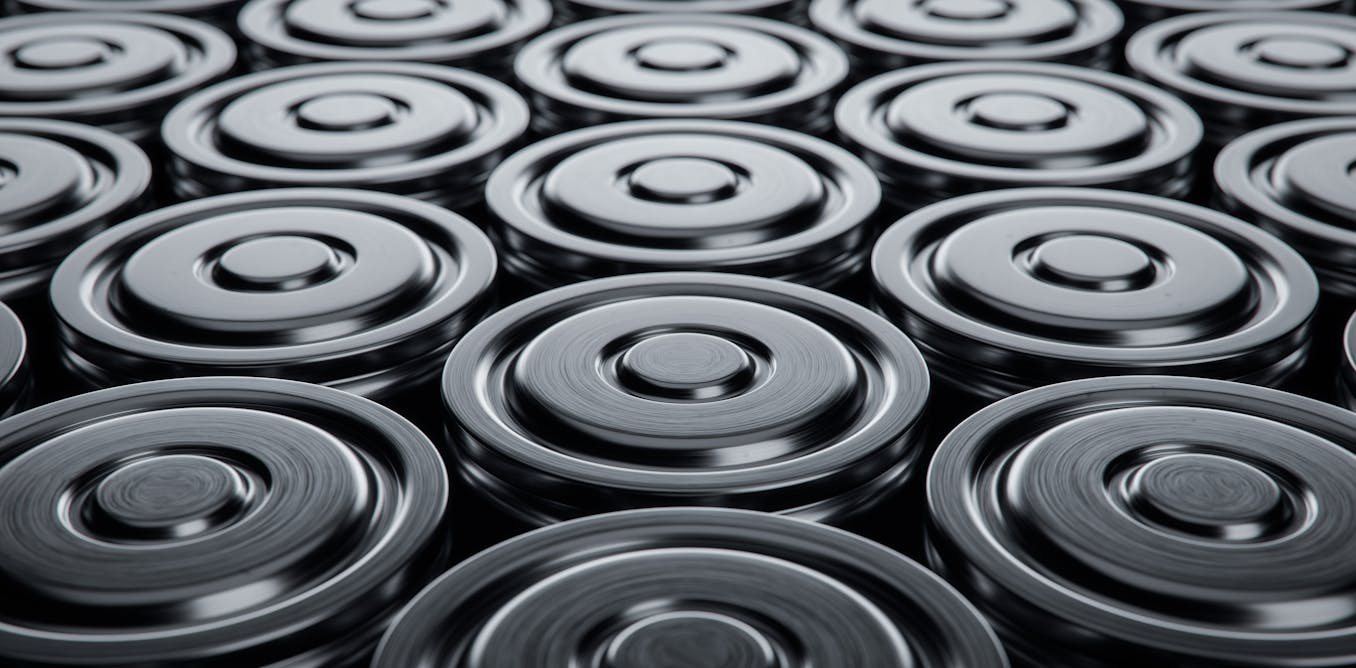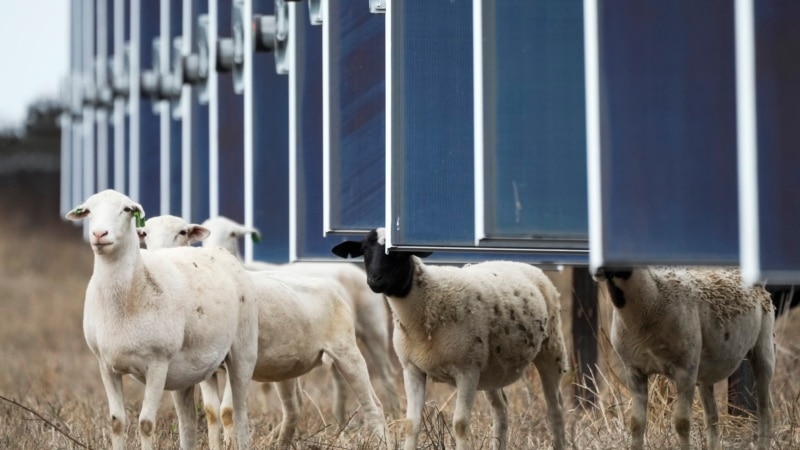Colliding plasma ejections from the Sun generate huge geomagnetic storms − studying them will help scientists monitor future space weather
While geomagnetic storms can lead to gorgeous aurora displays, they can also damage satellites and GPS.
Feb. 21, 2025 • ~6 min









